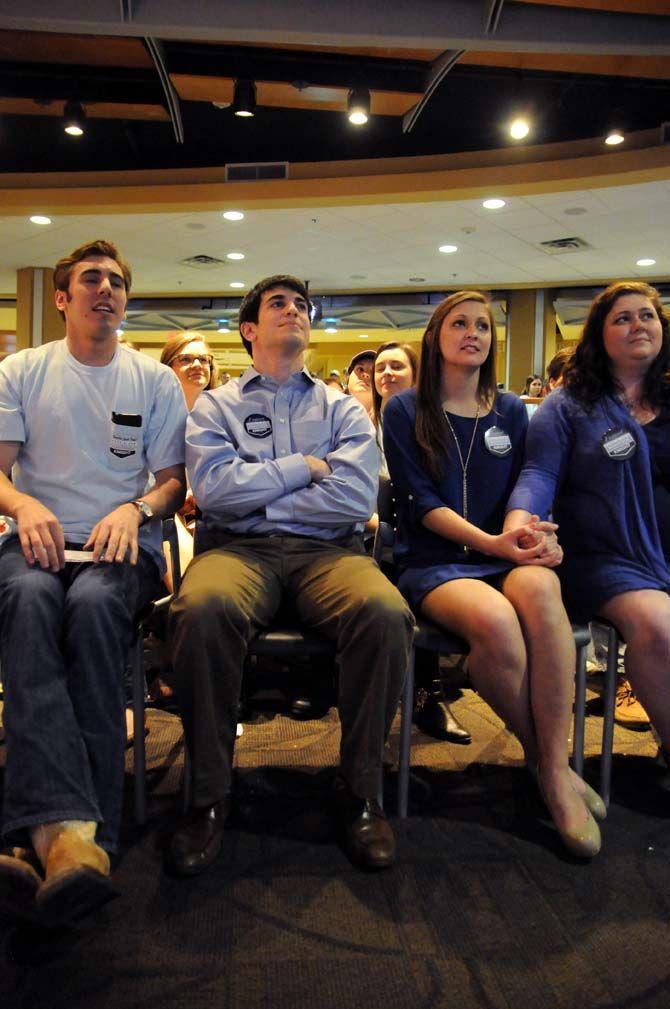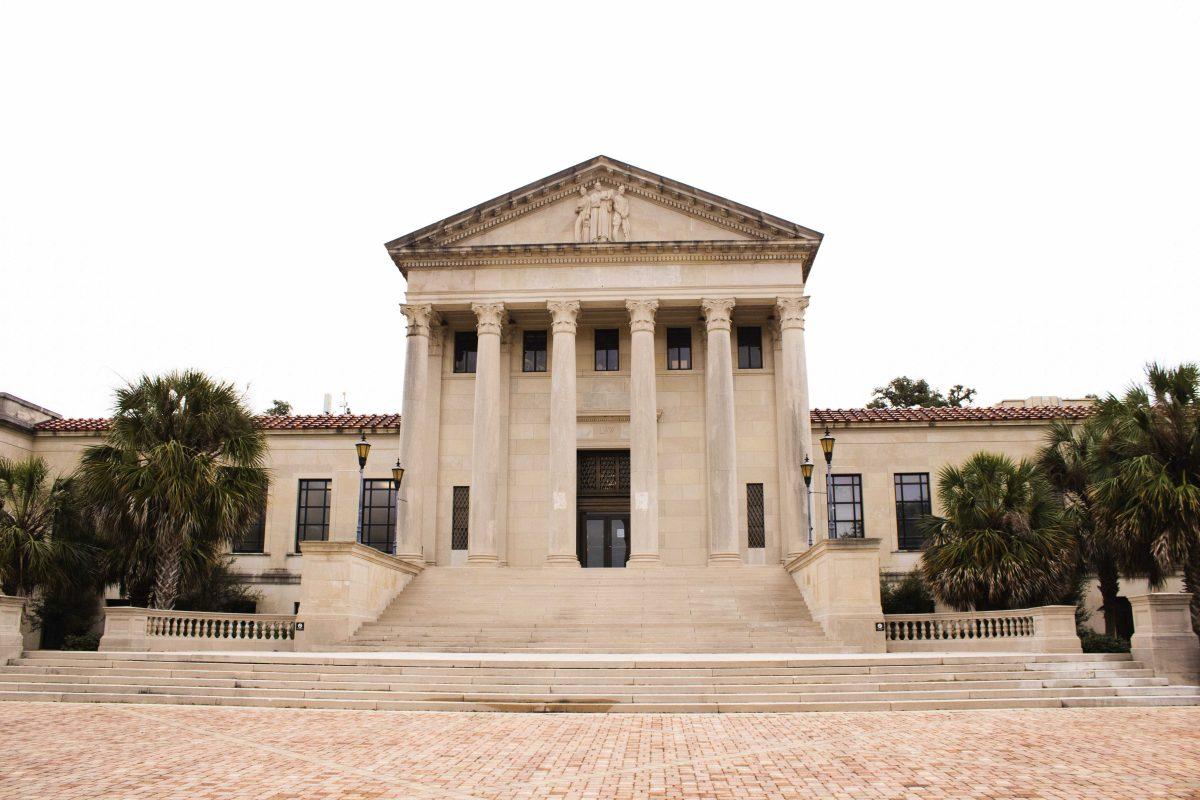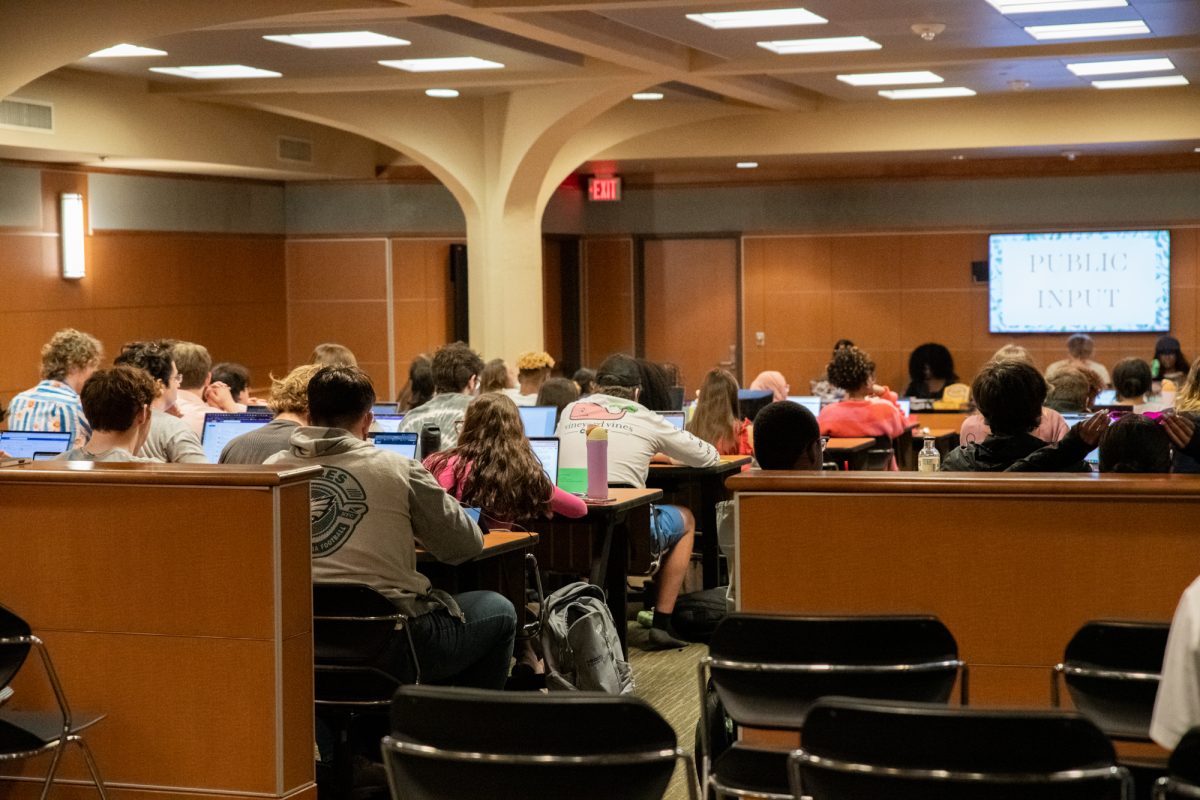This legislative session state lawmakers frantically searched for solutions to a $1.6 billion budget shortfall that threatened an 82 percent cut to Louisiana’s state universities and colleges. Through a series of cutbacks to tax incentives and a political showdown on the phantom SAVE tax, the Legislature approved a budget, which lowered the budget deficit and fully funded higher education.
The SAVE Act, proposed by Sen. Jack Donahue, R-Mandeville, was an attempt to prevent Gov. Bobby Jindal from vetoing the state budget. The act provided a phantom tax and tax rebate, which met the requirements of Jindal’s “no tax” pledge, complying with Grover Norquist and the Americans for Tax Reform’s requirements of no net tax increases.
Gubernatorial candidate Rep. John Bel Edwards, D-Amite, opposed the SAVE Act along with many Republicans and Democrats in the House and Democrats in the Senate. Edwards received an 88.9 percent “B” on the SG report card for his votes against legislation with SAVE language, a tuition and fee control bill and the original proposed state budget.
Edwards explained his opposition to the SAVE Act as a refusal to give in to Jindal’s tax pledge.
“If we judged legislators based on their willingness to override a Jindal veto and truly prioritize higher education, that would be of greater service to the families who will have to pay almost double tuition next year, compared to eight years ago,” Edwards said via email. “I was one of those people who was ready to do the right thing. I only wish more of my colleagues would have joined me.”
SG President Andrew Mahtook said his office based the grades on the legislation SG supported and used an objective system applied to all legislators.
“If someone calls and says, ‘This is an outrage. I am a supporter of higher education,’ we’re just going to say to look at the numbers,” Mahtook said. “A lot of the bills are revenue raising bills that go toward funding higher education. It’s very easy to get a low score if you voted down on all of those. Without those bills, we don’t get funded.”
The SG executive branch calculated the grades by each legislator’s votes on bills associated with funding higher education and avoiding budget cuts.
“We decided our three main goals we wanted to see this session were a short term fix to the current budget deficit, long term revenue raising measures for higher education and autonomies closer to the students,” Mahtook said.
SG Chief Adviser Zack Faircloth and Mahtook ranked 30 bills, associating them with a point system. The higher the rank, the more the bill was worth in the grading process.
Mahtook plans to enhance SG’s political efforts by creating a full-time student lobbying commission in charge of producing future legislative report cards and act as an opportunity for political science and political communication students to put their studies to practice.
All numbers are from SG’s 2015 Higher Education Report Card. The 30 bills considered are the pieces of legislation that matter to LSU students. Committee votes were not used for the report. Absent votes are automatic zeros, and legislators who authored bills were given extra points. You can view the report card in its entirety at lsuherc.weebly.com






















